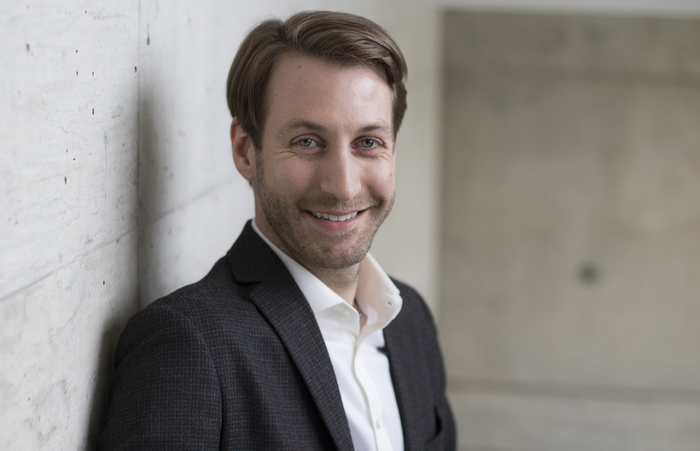Toronto – Marketing scientists devote much of their work to understanding people’s decision-making and how to influence it.

Credit: Rotman School
Toronto – Marketing scientists devote much of their work to understanding people’s decision-making and how to influence it.
There’s been less effort devoted to what happens after people make their pick – do they like what they got days, weeks, or months after they’ve chosen it? Do they even use it much? A new study takes aim at those questions, with implications for how to tackle the problem of over-consumerism and all the planet-polluting stuff it generates.
Consumers have typically been divided into two camps — “maximizers,” who spend more time considering their options so that they make the best possible decision, and “satisficers,” people who want to hurry up and make a decision by settling for something that is “good enough.”
Maximizing behaviour has tended to be framed as negative because maximizers typically feel less happy with their choice. Having invested more time into their decision and aware of the options they didn’t pick, they spend “too much mental time travelling the road not taken,” says Sam Maglio, an associate professor of marketing and psychology at the University of Toronto Scarborough, who is cross-appointed to the university’s Rotman School of Management.
Prof. Maglio and his colleague Evan Polman, at the University of Wisconsin-Madison, dug into what was going on with the maximizers, not only how happy they were with their choice over time, but how much use they made of what they chose.
In the first of two studies, a group of 110 participants was asked to choose between one-month-long membership plans for two different online trivia services. Participants were also assessed for whether they had maximizer or satisficer tendencies and how much time they spent deciding between the two plans. The results showed that maximizers spent more time on their choice and used their membership more than the non-maximizers.
The second study’s scenario was similar to the first – different options for a month-long membership to a daily joke website. This time though, participants had six different plan options, and the researchers separated those participants who showed maximizing preferences into whether they were aiming for the best possible choice, or whether they were trying to use the best strategy for making it.
The results were more mixed. Maximizers focused on the best outcome logged into their daily laugh less often than the maximizers who were more concerned with their strategy. The strategists spent more time making up their minds and were less satisfied with their choices.
“Apparently, liking what you choose and using what you choose might not have as much to do with each other as you’d expect,” says Prof. Maglio. “Instead, maybe the effort-focused maximizers realize how much time they spent on making their choice, which makes them want to get the most out of it.”
Maximizers’ tendency to make greater use of their choice, be it a product or a service, could hold promise for reducing environmentally-damaging consumption, such as fast fashion, he said.
“It gives us insight into how to encourage people to get more mileage out of their stuff,” said Prof. Maglio. “The phrase ‘buy less, buy luxury,’ or related campaigns that encourage people to encourage people to accumulate fewer goods and use them longer might start to make a lot of sense because they’re subtly steering you towards being more of a maximizer.”
The study appears in Personality and Individual Differences.
Bringing together high-impact faculty research and thought leadership on one searchable platform, the new Rotman Insights Hub offers articles, podcasts, opinions, books and videos representing the latest in management thinking and providing insights into the key issues facing business and society. Visit www.rotman.utoronto.ca/insightshub.
The Rotman School of Management is part of the University of Toronto, a global centre of research and teaching excellence at the heart of Canada’s commercial capital. Rotman is a catalyst for transformative learning, insights and public engagement, bringing together diverse views and initiatives around a defining purpose: to create value for business and society. For more information, visit www.rotman.utoronto.ca
-30-
For more information:
Ken McGuffin
Manager, Media Relations
Rotman School of Management
University of Toronto
E-mail:[email protected]
Journal
Personality and Individual Differences
DOI
10.1016/j.paid.2022.111702
Method of Research
Randomized controlled/clinical trial
Subject of Research
People
Article Title
Effects of maximizing on choosing a product and using it over 1 month
Article Publication Date
1-Oct-2022




